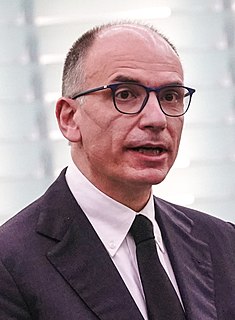A Quote by Sri Aurobindo
What sort of politics you people do? Such is the way of all parliaments: one can sense even beforehand the trend of voting, in which direction it will turn.
Related Quotes
I am religious by nature, I'm not a nihilist. I don't follow, I don't even know what the tenets of things like deconstructionism are, and all those schools that come up and their way of looking at things that people strive to incorporate into what they write. I don't even know what they are. Because I sense from a distance that I don't want to know. And therefore even if I had no politics, actual politics, my cultural point of view is hopelessly out of date with the modern literary sensibility. Which is nihilistic, and ironic, detached, cool, and cowardly.
There is a movement of more people recognizing global warming as a danger, recognizing the human contribution to global warming, recognizing the necessity for doing something about it. So there's a trend in that direction, and that trend is consistent with what a climate swerve - which is, as we're both saying, a mindset.
Trends are just as important in politics as they are in fashion; just that rather than an aesthetic trend, it might be an ideological, behavioral or cultural trend - you need to keep track of all kinds of trends in politics because you need to know if you come out and say something, what the adoption of that will be six months down the road.
People think of time as a continuum composed of points which is stretched out at a line, and even if you add a direction to it and say one direction on the line is past and the other direction is future, or better, one direction is "earlier than" and the other direction is "later than", you're still thinking of it as like a geometrical line which is stretched out rather than as a dynamic process of becoming.









































